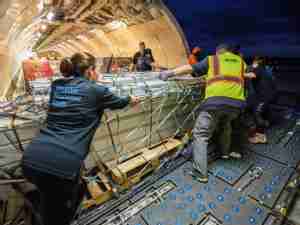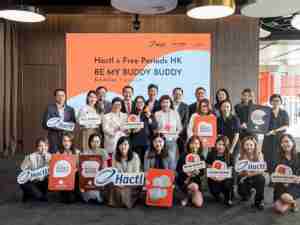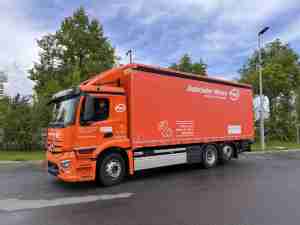Food safety, container shipping and cold chain investment under the spotlight at Cool Logistics Asia
posted by AJOT | Jul 08 2015 at 08:56 AM | Logistics
Metro JinJiang Cash & Carry, CMA-CGM and Seaco will explore cold chain efficiency and finance at the 1st Cool Logistics Asia conference
HONG KONG, 08.07.2015 - The link between food safety and container shipping may not seem obvious at first glance. Yet with nearly 90 million people reportedly suffering from food-related illnesses in China, it is not surprising that there are some question-marks on the safety of domestically-produced foods, with many preferring imports instead and thereby opening the door to greater container trade volumes.
According to Metro China, part of international wholesale giant Metro Cash & Carry, food safety has become the primary concern for more than 70% of the Chinese population, highlighting the need for greater supply chain surveillance. Thomas Lau, Head of Supply Chain Management and Logistics at Metro JinJiang Cash & Carry Co. Ltd, will explore challenges for food safety compliance and the impact on first mile logistics in China in a keynote address at this year's Cool Logistics Asia. The specialist perishables logistics and transport conference takes place in Hong Kong, 2 September, alongside the annual Asia Fruit Logistica trade fair.
With more than 750 wholesale stores in 26 countries, Metro Cash & Carry is a leading international player in wholesale trade, operating 80 stores in China alone. Metro's cash and carry business concept is directed towards professional customers and thus differs from other retail chains that target end consumers.
"Food - especially fresh foods that require temperature control - are a major focus of Metro JinJiang Cash & Carry," says Lau, who will use the conference to emphasise the importance of further educating suppliers to improve cold chain management and meet food hygiene standards, ensuring best possible food quality at the point of sale.
There are an estimated 300 new national standards governing permissible limit of pollutants, traces of pesticides and dairy safety in China. What is needed now is a more unified approach and consolidation of existing food safety standards, according to Lau.
The rapid expansion of food e-commerce, with new companies such as JD.com investing in FruitDay, an importer of fresh produce in China, is also opening up new opportunities for international shipping and logistics companies. Promoting US produce, including Boston lobster and US-grown fruit, JD.com offers same and next day standard shipping and has formed a number of partnerships with international food producers.
But innovative food distribution concepts such as JD.com also serve to highlight potential bottlenecks in current cold supply chain operations. A lack of adequate cold storage and refrigerated road transport equipment are two cases in point. Could there also be a new market for reefer containers or mobile cold storage units to help bridge the gaps?
The overall outlook for reefer container shipping in Asia will be assessed at the conference by keynote speaker Lars Kastrup, SVP at CMA CGM. Kastrup's speech will address critical issues facing reefer container shipping, its customers and its supply chain partners, including service reliability, port performance, direct calls and feeder services.
Over the past few years, the major shipping lines have been focused on investing in, and deploying, bigger container vessels. Less attention, however, has been paid to investing in replenishing the ranks of ageing reefer containers, with carriers increasingly relying on leasing companies to make up the shortfall.
Nigel Webster, who heads up refrigerated container operations at container lessor Seaco, will join the conference to discuss how the cold chain is being financed, assessing global reefer container investment trends today and for the future. Seaco, indirectly owned by Chinese listed company Bo Hai Leasing Co Ltd, significantly expanded its business last year with the acquisition of rival Cronos, and now claims the largest CEU (cost equivalent unit) share of the global leasing market.









